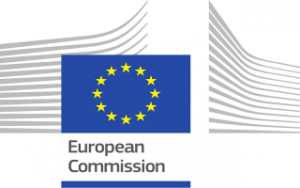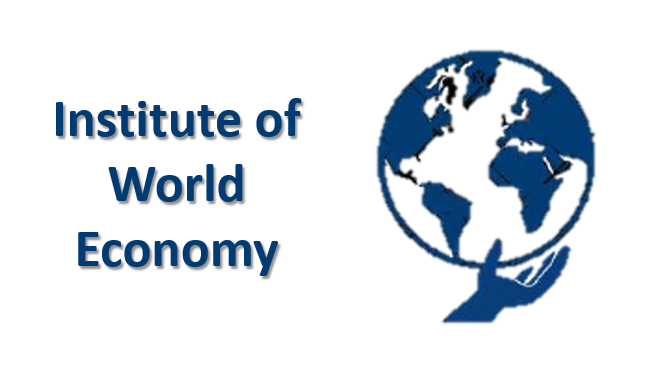WHAT IS H2020 FATIGUE?
FATIGUE is the project of six universities, aiming to explain and interpret the transition fatigue of post-Communist societies.
Following the collapse of state socialism, the liberalisation of public life, the democratisation of politics, the abolition of state-run economies and the introduction of markets commenced in the states of the former Soviet bloc. These necessary yet socially costly transformations never ran smoothly and in the same direction in all the post-communist states but by the mid-2000s the most successful countries, clustered in Central Europe and the Baltic, seemed to have managed to consolidate liberal democracy. Then something snapped. The political trajectory veered off in new directions as populist parties started gaining more support. All populists engage in delegitimising the democratic system in the name of unconstrained majoritarianism. Now we have two cases (Hungary and Poland) where right-wing populists are in power and dismantling the institutions of checks and balances, and cases where the dominance of technocratic or left populists (Czechia, Slovakia) seems to risk democratic erosion. FATIGUE aims to explain and interpret this puzzling U-turn, reflect on its delayed emergence, diagnose its consequences and propose viable policy solutions. 15 ESRs will be appointed at six partner universities.
FATIGUE is designed to interpret and explain this delayed swing in the direction of right-wing populism, by studying four interrelated phenomena:
-
Social, economic, and cultural “costs” of post-communist transformations, including low levels of trust in the elites and democratic institutions as well as still feeble legal cultures
-
The increased susceptibility of certain segments of CEE populations to discourses that emphasise transformational failures rather than successes.
-
The strengthening of political forces and entrepreneurs espousing illiberal discourses and forming populist organizations and movements.
-
The composition, strategies, and relative strength/weakness of parties and actors who support liberal and ‘cosmopolitan’ political platforms and cultural programmes.
All Early Stage Researchers will be enrolled on a PhD programme at one of at one of the six participating universities, coming together as a cohort for a series of training workshops on research design, methodology, research-to-policy/stakeholder engagement and publications. In the second year of the programme all ESRs will spend up to 10 months at another partner university as well as carry out a secondment at a non-academic partner. The consortium is composed of six academic partners and 12 non-academic organizations, whose breadth and calibre make this programme stand out in its field. Prof Jan Kubik and Dr Richard Mole of UCL SSEES lead the group that includes:
-
The University of Belgrade, Serbia
-
Charles University, Prague, the Czech Republic
-
Corvinus University of Budapest, Hungary
-
Jagiellonian University, Kraków, Poland
-
Tartu University, Estonia
-
University College London, United Kingdom


